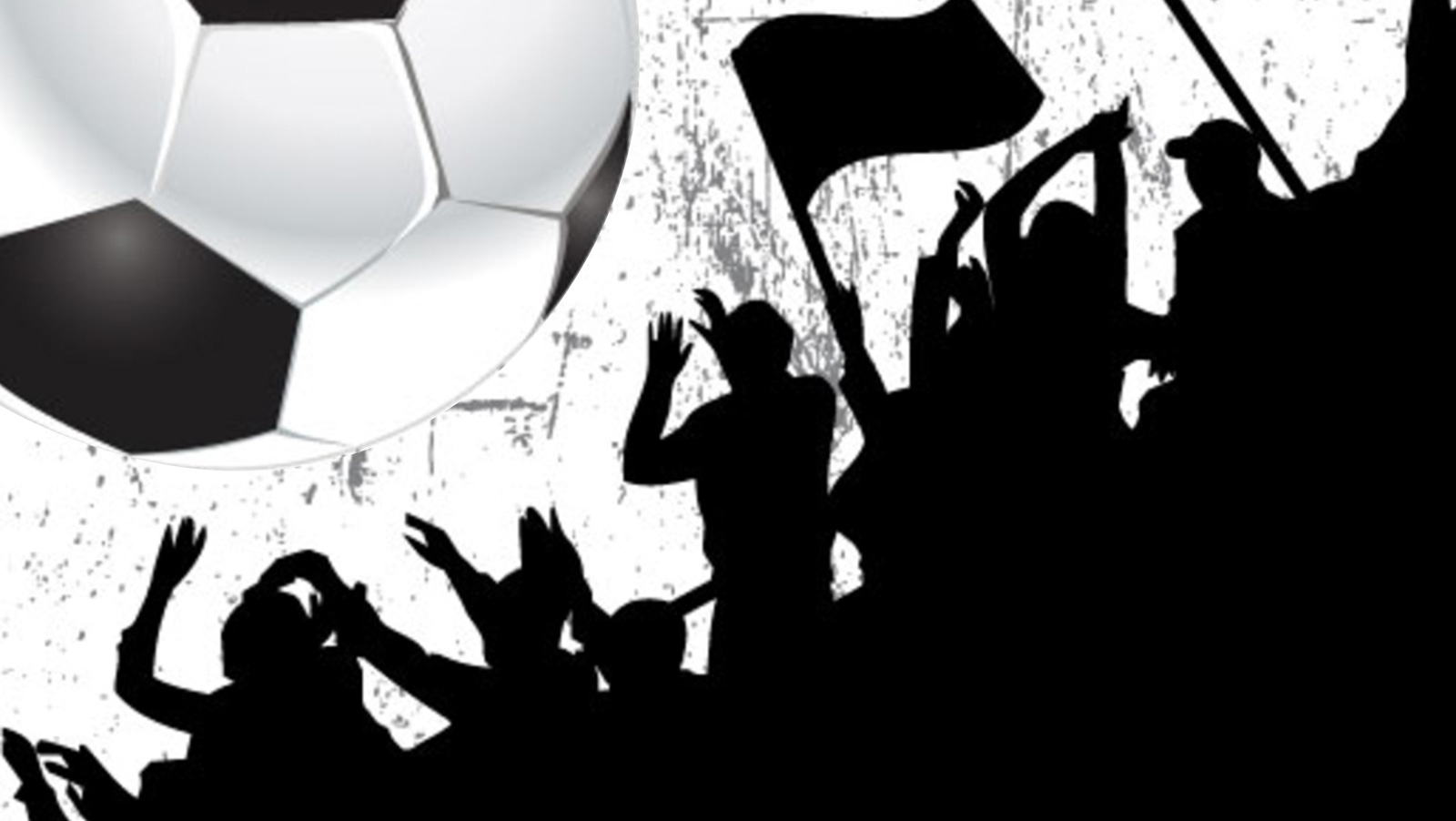Everyone is in the same boat, yet some are paddling with their hands, while others are gripping two oars with an iron grip. You might be confused for thinking that we’re talking of the Ironborn from Game of Thrones instead of the various football authorities around Europe. But  after the spread of COVID-19 reached pandemic proportions and football – along with virtually every other sport – was closed down, some competitions took the news better than others.
after the spread of COVID-19 reached pandemic proportions and football – along with virtually every other sport – was closed down, some competitions took the news better than others.
Is it better to look good on sitting the shore, or throw yourself into the water and start swimming? The Premier League has been accused of the latter when it comes to pushing for an end to the hiatus. With football officially on lockdown until “at least” April 30th, there are myriad tournaments that are either in hiatus or won’t take place for downwards of a year.
Euro 2020 has become Euro 2021. The Nations League may not even take place at all. The F.A. Cup, Champions League and Europa League may be reduced to smaller, single-attendance tournaments to bring them back in line with a timeframe that looks tight even if football were to return in May, which currently seems unlikely at the very least.
The Premier League, however, are still pushing for the season to be completed.
Too many important matters need to be concluded, they argue. People’s jobs are futures are on the line, Liverpool have ‘nearly’ won the league, yet Aston Villa have a game in hand that if won would take them out of the relegation zone.
Even if games take place behind closed doors, some have argued, the season should finish before June 30th ‘almost at any cost’.
There is no cost, here. Football without fans, as we saw when Manchester United thumped LASK 5-0, just isn’t the same. No crowds to cheer top corner finishes, no chants, boos, whistles or gasps. The silence was deafening, the drama diluted to a huge degree by the atmosphere in which the entertainment was taking place.
That, surely, is the point. Football, any sport, is an entertainment. It’s easy to forget that in the age that immediately preceded Coronavirus. How often are we told that football is a business, that the sport is so big now that it should be treated as a commodity, a huge global business that operates in profit and loss where once its only trade was the joy it brought to the working class.
A global pandemic reduces us all to the same class. Rich or poor, people of every nation, creed and religion are just as susceptible to infection. Suddenly, we revert to our bones, our primal instincts, and football has become a sport again. It is essential, desperately missed by those who enjoy it, but not because it is a supporting business for millions around the world. Because it is a a pleasure, and one we have taken for granted. Even footballers have. Take the ‘Stay at Home Challenge’. Footballers playing keepy-ups with a toilet roll just to entertain, not to be paid, just to be at one with the game itself and the fans.
Ok I’m in
The beginning of a long road https://t.co/MGnHoySnaG pic.twitter.com/K4J8TWyY0p— Peter Crouch (@petercrouch) March 18, 2020
Any decision to complete the Premier League season without fans would be an act of business refusing to accept the cost of its customers -the cost of providing entertainment. There is a duty to do that, in these times more than ever, and while I love football, I hope it doesn’t return until we can all enjoy it. Until the poorest, most affected country’s citizens can access the game we all love and join in the cheering from wherever they watch the game.
The Premier League put out an updated statement on the situation at the end of the week, and it reads like a begrudging admission that the wait for football must go on.
It should go on. It should last until the world has recovered. Even if that means that the 2019/20 season ends up being the 2019/20/21 season, one that saw players self-isolate, change clubs and retire during its two-year duration rather than 10 months. Because what is football without the supporters whose money prop it up? A business transaction? A company merger agreement? Owners in suits sitting at tables deciding the masses should be given a product they don’t want to buy?
Football isn’t a product, it is hope and disappointment, joy and desolation. It is a trade-off only of emotions and should always be for the fans. They alone own football in its truest form.
We can only hope that the Premier League remember that before they make a decision that will impact billions of fans around the world.